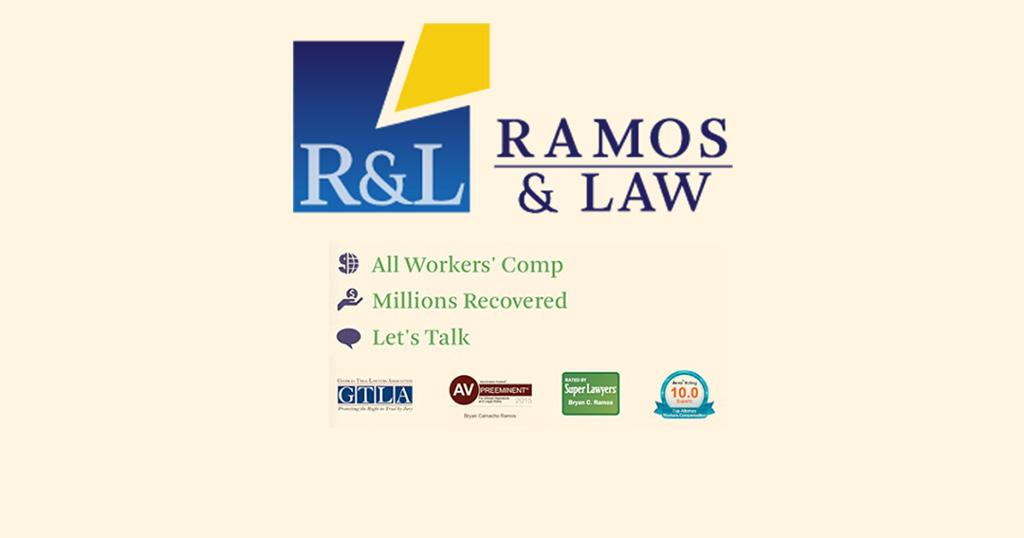
At the request of an employee confined to a wheelchair, the Board was asked to determine whether payment for a horse barn where the employee kept his horse was compensable. The employee testified that he benefited both from riding and taking care of his horse. He not only increased his range of motion and strength, but also received emotional benefit by helping others in similar situations. The employee requested that the employer cover the costs and expenses related to feeding the horse, replacing the horse’s shoes, mileage, and other related expenses.
In an arrangement between the employer and the employee, the employer agreed to allow the injured employee to own his own horse and maintain it at a location convenient to his home rather than to have him participate in hippotherapy at a facility providing this service at an increased cost and inconvenient locations. A dispute later arose when the employee became too ill to participate in hippotherapy and was unable to ride his horse. The employer argued that the costs related to the horse barn were not covered during the months that the employee was unable to ride his horse. The court disagreed and stated that the employer was required to furnish rehabilitation plans that are reasonable and necessary for a catastrophically injured employee as required under Board Rule 200.1.
Pursuant to O.C.G.A. § 34-9-200.1(a), “in the event of a catastrophic injury, the employer shall furnish the employee entitled to benefits under this chapter with reasonable and necessary rehabilitation services.” The hippotherapy eased the restrictions on the employee’s life imposed by his serious injury and allowed him to be a valued participant in society. The hippotherapy had physical and emotional benefits to the employee. Unfortunately, the employee’s medical situation made it likely that he would periodically be unable to actively participate in his hippotherapy. But since the employee would lose some of the psychological benefit derived from owning and caring for his horse and the employer would lose the financial savings, the Court found that it was the employer’s responsibility to continue covering the costs of the horse barn even when the employee was too ill to ride his horse.
